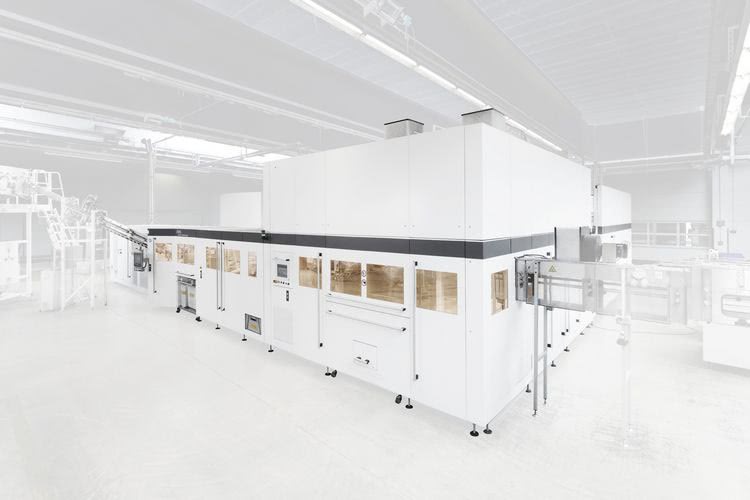97.9% of non-returnable deposit PET bottles are now recycled in this manner; juice bottles are not included in this figure. The first premium juice producers have realized this and are now already using the new FreshSafe PET technology worldwide. This can reduce the circulation of non-returnable PET bottles which are hard to recycle in the medium to long term, acknowledges Mario Dechent, director of Research and Development for the Eckes-Granini Group GmbH. "We directed our attention to the full recyclability of PET juice bottles very early on. With FreshSafe PET coating technology we've been using a sustainable system to fill our beverages for over ten years now, one which also permits pure-grade bottle-to-bottle recycling and thus increases the availability of useful recycling materials."
Barrier costs also pay off thanks to lower fees
Beverage producers naturally incur additional costs when they invest in barrier technology. However, as the overall operating costs are reduced, the procurement pays off relatively quickly. With it juice and nectar producers can switch to less expensive standard PET preforms, relieving them of the obligation to source preforms from a specific manufacturer. Furthermore, compared to standard composite materials FreshSafe PET provides a much better barrier quality and ensures much longer shelf lives. As they are fully recyclable, in the future FreshSafe PET bottles prove more favorable when it comes to the calculation of participation fees.
KHS offers beverage producers an individual consideration of the total costs accrued when using this barrier technology. "Measured against the huge benefit of additional product protection and longer product shelf lives in particular, the costs per bottle are actually lower," says Philipp Langhammer, product manager for barrier technology at KHS Corpoplast. "In view of the possible extra costs for the circulation of PET bottles which are tricky to recycle levied by the new Packaging Law, beverage producers should make their packaging portfolio future proof now and thus help to introduce a sustainable packaging system."

Possible full ban on plastics which are difficult to recycle
Non-returnable PET bottles for juice and nectar which are difficult to recycle not only face the threat of higher fees due to their unfavorable properties. In the long term a complete ban on packaging such as the above could also even come into effect. The European Strategy for Plastics presented by the European Commission at the beginning of 2018 envisages all plastics having to be recycled by 2030. Various national initiatives in other countries of Europe are also promoting the reduction in plastic waste. In France, for example, the only plastics in use by 2025 at the latest should be recyclable. Moreover, in Great Britain new plastic packaging is to consist of an average of 30% recycled PET. International beverage producers have also begun to set themselves targets for a much higher recycling quota as a voluntary obligation.
"By steadily ousting PET bottles for juice and nectar which are hard to recycle the market is increasingly opening up to recyclable packaging systems," emphasizes Langhammer. The growing demand for FreshSafe PET also illustrates that barrier technology has already hit a nerve among beverage producers. With it KHS provides a system which can significantly raise recycling quotas for PET beverage packaging the world over. "The move away from composite materials which are difficult to recycle has already begun," states Langhammer. "With the help of our technology the opportunities for processing pure PET are fundamentally increased."



